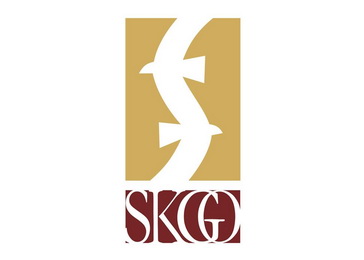 Celebrating the Day of Rural Women (15 October), SCTM issued a survey to its female members, representing a small step towards analysing the situation, as well as a method to open the issue of the status of women in rural areas. On this occasion, SCTM collected data from 40 local self-government units, and the data, unfortunately, indicate an unsatisfactory status of women in decision-making in the local community.
Celebrating the Day of Rural Women (15 October), SCTM issued a survey to its female members, representing a small step towards analysing the situation, as well as a method to open the issue of the status of women in rural areas. On this occasion, SCTM collected data from 40 local self-government units, and the data, unfortunately, indicate an unsatisfactory status of women in decision-making in the local community.
Based on the submitted data, only 244 women of the total of 3091 members (7.8%) are members of local community councils. The low share of women in councils can be seen as a consequence of the overall poor situation described in the National Gender Equality Strategy 2016-2020.
Gender-based property inequality is very significant. Houses where women live in villages are owned by men in 88 percent of the cases, they do not hold land in 84 percent of the cases and nearly do not own any agricultural production assets. Women comprise 55 percent of the unemployed rural population and 74 percent of unpaid helping members of agricultural households. There are significant differences in informal employment between men (28.8%) and women (43.4%), with women from rural areas eight times more likely to be in informal employment than women from urban areas (5.5%). They are significantly less covered by pension and health insurance compared to male household members. This status exposes them to a greater risk of poverty.
All of the above leads to the conclusion that special policies and support measures are required to improve the quality of life for women living in rural areas. Unfortunately, the majority of local self-governments responding to the survey stated there are no special measures, budget funds or support intended especially for women, particularly not women in rural areas. A smaller number of municipalities stated that funds for rural areas are accessible to women and men under equal conditions, and there is no discrimination in awarding incentives. A small number of local self-governments stated that additional points are awarded when allocating funds to vulnerable categories and hard-to-employ groups, certainly representing a positive practice in providing the greatest support to those who need it most.
Source: skgo.org
 Government of the Republic of Serbia
Government of the Republic of Serbia















 pdf [271 KB]
pdf [271 KB]
Leave a Comment